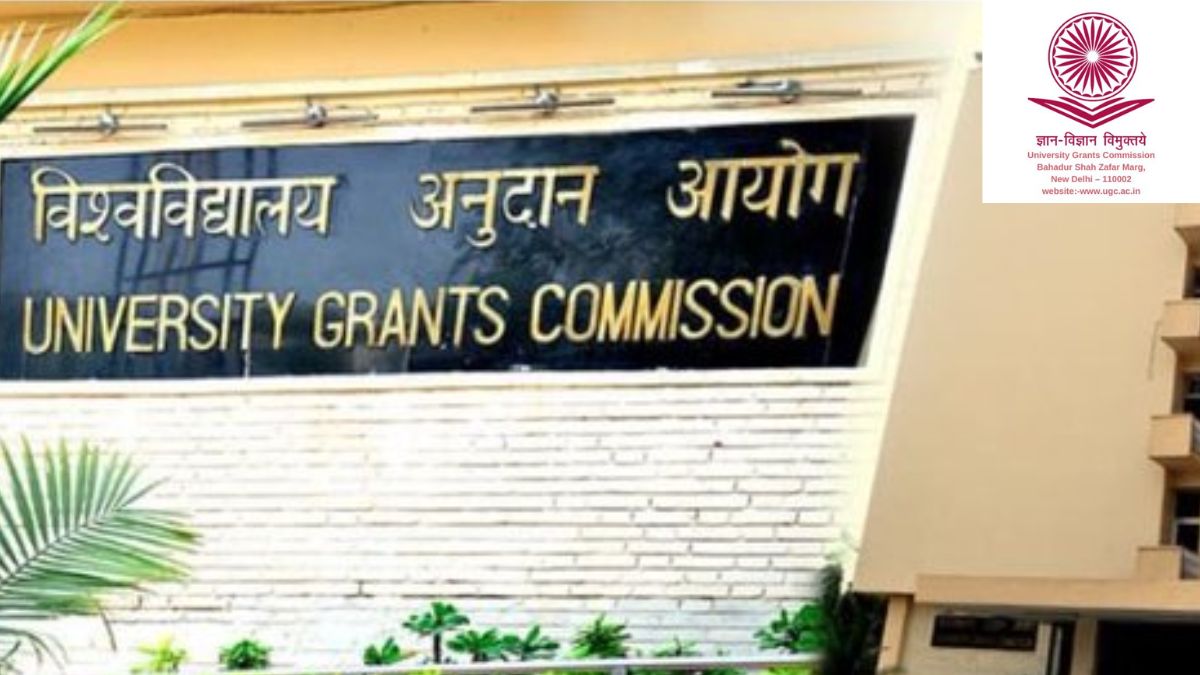The University Grants Commission (UGC) on Tuesday discontinued the UGC-CARE journal listing. It has introduced suggestive parameters to help faculty members and students select peer-reviewed journals. The new guidelines include criteria such as ethical publishing practices, impact factors, citation records, and a specific AI-generated content policy for research publications. The decision to discontinue UGC-CARE comes after several criticisms of the system.
Why It Has Been Discontinued?
In a notice issued on Tuesday, UGC stated, “Based on the recommendations of the expert committee, the Commission, in its 584th meeting held on October 3, 2024, has decided to discontinue UGC-CARE listing of journals and develop suggestive parameters for choosing peer-reviewed journals.”
“Researchers and academicians had raised concerns about over-centralisation in deciding journal quality, delays in updating the list, and the inclusion of predatory journals due to an inefficient vetting process,” UGC Chairman M Jagadesh Kumar said.
The lack of transparency in decision-making and the exclusion of highly respected Indian-language journals were also major issues, he added. Additionally, credible journals were sometimes left out while less credible ones found a place on the list.
What Does This Mean For Researchers?
Notably, Researchers faced multiple challenges due to the UGC-CARE list, including pressure to publish in listed journals for career advancement and uncertainty when journals were suddenly removed, the UGC Chairman noted.
The new approach recommended by UGC shifts journal evaluation to higher educational institutions (HEIs). UGC has advised HEIs to develop their own institutional mechanisms for evaluating the quality of publications and journals. These mechanisms should align with established academic norms and the indicative parameters suggested by UGC.
This decentralised approach allows HEIs to tailor their evaluation processes to suit their specific needs, giving researchers greater academic freedom and flexibility in journal selection.
Institutions can now create evaluation models that consider the unique characteristics of different disciplines and accommodate newer, rapidly evolving fields.
Under the new system, HEIs also play a crucial role in combating predatory journals. They are responsible for establishing credible mechanisms to evaluate journals and ensure they meet high ethical and scholarly standards. If HEIs fail to create efficient evaluation systems, they risk damaging their institutional reputation by endorsing faculty members who publish in dubious journals.
The proposed parameters, developed by a group of experts and academicians, have been placed in the public domain for feedback. “Stakeholders, including HEIs and faculty members, may take note of it,” the notice added. Feedback can be submitted via email at [email protected] until February 25, 2025.
Also Read: JEE Main 2025 Result Out: 14 Candidates Score 100 Percentile – Here’s How To Check Yours












